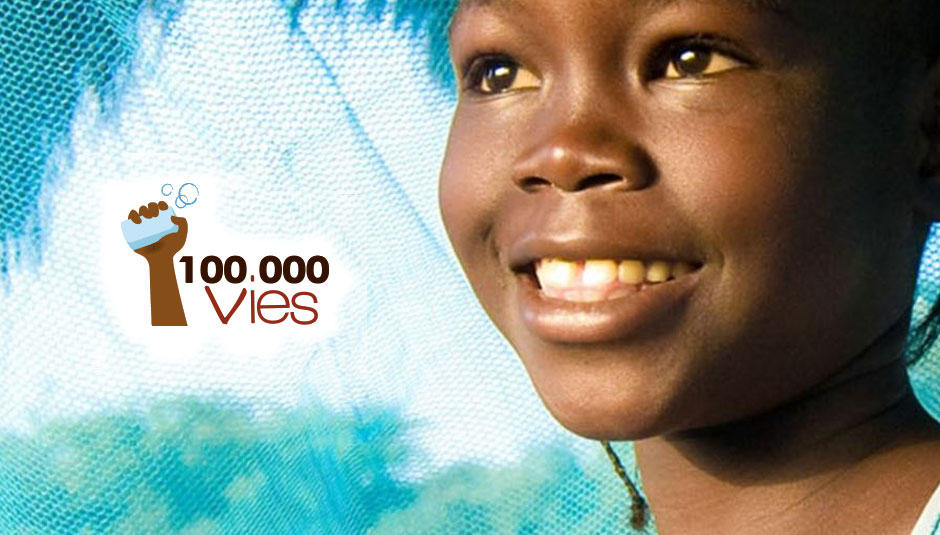
Humanitarian & Development
Location:
Ouagadougou (Burkina Faso)
Sponsor:
Damien Machuel
Grant:
€17,500 at the committee meeting on 26/04/2017
Project Owner
"I actively support this high-visibility project that establishes a strong link between technological innovation and community resilience in a South-South development approach underpinned by a greater understanding of local issues."
Damien Machuel
In Africa, malaria currently kills one child every two minutes. It is the third leading cause of death in the under-fives and 270 million Africans live with no protection. Although the use of insecticide-treated nets and insecticides have gradually increased, WHO is pushing the private sector to look for complementary, comprehensive, and more effective solutions.
Since 2012, chemical engineer Gérard Niyondiko has been working on a project to create a mosquito repellent soap that anyone can access, is manufactured in Africa and complies with WHO stipulations. He has set up a team and joined a specialist incubator that supports high potential social enterprises in Ouagadougou (La Fabrique). Gérard Niyondiko has also assembled a group of technical and financial partners. In 2016 his concept won the Student Social Entrepreneurship Competition organized by Essec and Berkley.
Effective for six hours
An anti-malarial soap has to meet several criteria. For example, it has to be effective for at least 6 hours after use: active ingredient microcapsules that do not disappear when rinsing therefore have to be incorporated. Any substance that is potentially harmful to sensitive skin and eyes has to be excluded from the composition, especially since children are the most affected. It must be possible to use the soap for household cleaning and washing clothes in addition to using it on the skin because the same product is frequently used for everything. Finally, to avoid the pitfall of an overly expensive product that would not sell the price must be similar to that of traditional soap.
To meet all these requirements, in early 2017 Gérard Niyondiko created "100 000 Vies". The association, named after the number of lives that it wants to save from malaria by 2020, is leading the so-called "Faso Soap" project. The aim is to make the approach part of the wider research and development framework looking at new ways of preventing infectious diseases, in particular malaria.
A study to adapt the soap to the practices of the target audience
2017 is being devoted to developing a prototype soap, validating market studies in the first target countries, and studying hygiene behaviour in the beneficiary populations.
The association believes this last point is vital: the soap should not be imposed on people artificially, but should naturally become part of their everyday hygiene practices. This challenge can only be met by knowing and precisely characterizing these practices – something that has never before been done. With the support of the Veolia Foundation, a study is being carried out in partnership with the Burkina Faso social sciences institute (INSS): it will cover a panel of 1,000 people in Burkina Faso. The association will thus have the information it needs to adapt the soap to its users as well as knowledge that will inform the project’s social marketing. The repellent soap will be tested in 2018 and could then be followed by the first pilot production in Burkina Faso.

